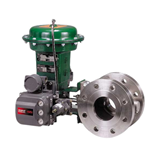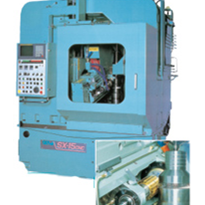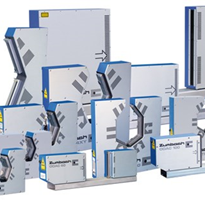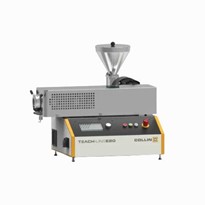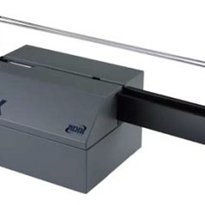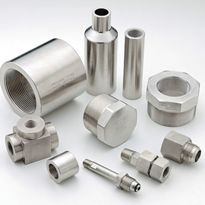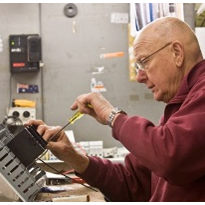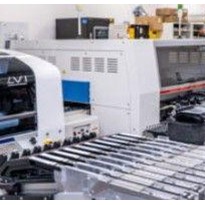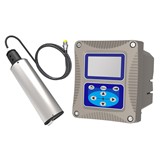With proper quality control in manufacturing, you can increase profits, improve customer satisfaction and keep your staff happy.
Here are five ways to improve quality control in your workshop.
Define quality standards
It's all well and good having quality control tests, but if those tests are subjective then they can change dramatically from one week or month to the next. Without specified quality standards, there’s no way of knowing what you’re testing for.
By creating clear guidelines for what your team is looking for, you can have consistency over your products and manufacturing facility. This makes it easier for your team to do a good job and for your customers to know what to expect from your workshop.
Train employees regularly
As well as having clear guidelines on what to test for, it's important that your staff know how to carry out these tests and how to do it safely.
Training sessions with new staff and regular reminders for old team members helps to ensure everyone is up to speed and doing things properly.
Even experienced hands need a bit of a reminder as they may be using outdated techniques that they're familiar with rather than your preferred methods.
Implement technology
While some workshops are more than happy to embrace technology, others prefer to stick with what they know.
Technology can be used in many ways and one of its best qualities is the fact that it can give you real-time data on performance. This can let you identify problem areas immediately and fix them before too much damage has been done. This saves you time and money, making the technology a great investment.
Hold unscheduled tests
While it's important to have regular tests on products and equipment, taking the time for unscheduled tests can help catch problems early.
While you don't want to spend too much time on tests, especially if it means downtime in production, the more you test the more problems you can catch and fix.
Identify essential spare parts
While you don't necessarily need to have a spare part for everything in your workshop, if there are certain machines that are vital for your operation then you should make sure you can quickly repair them if they go down.
Experienced managers and workers will know which parts are most likely to break or need to be replaced, so asking people involved in the process at all stages will help identify what you should have to hand.
At ovesco, we carry a wide range of stock that can help you prepare for any eventuality. Visit our website to explore our range or visit our showroom.






